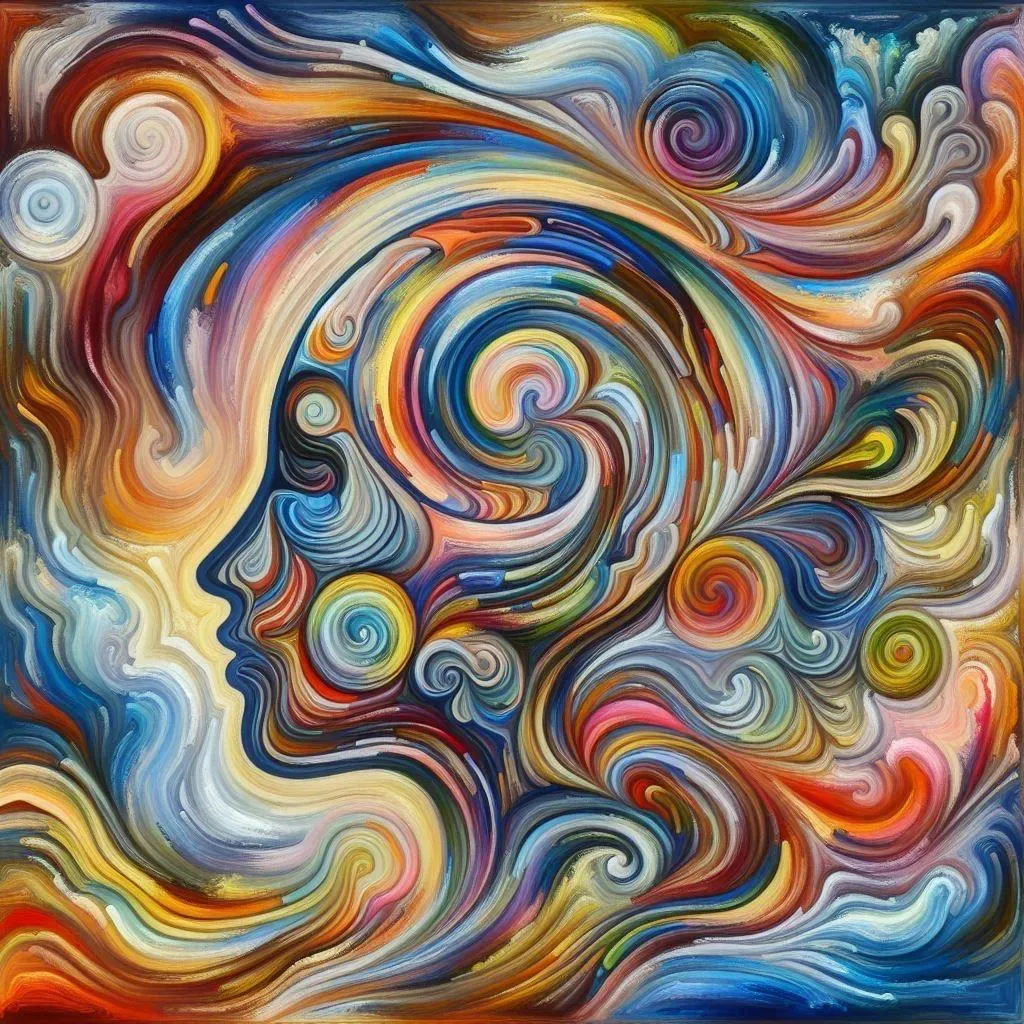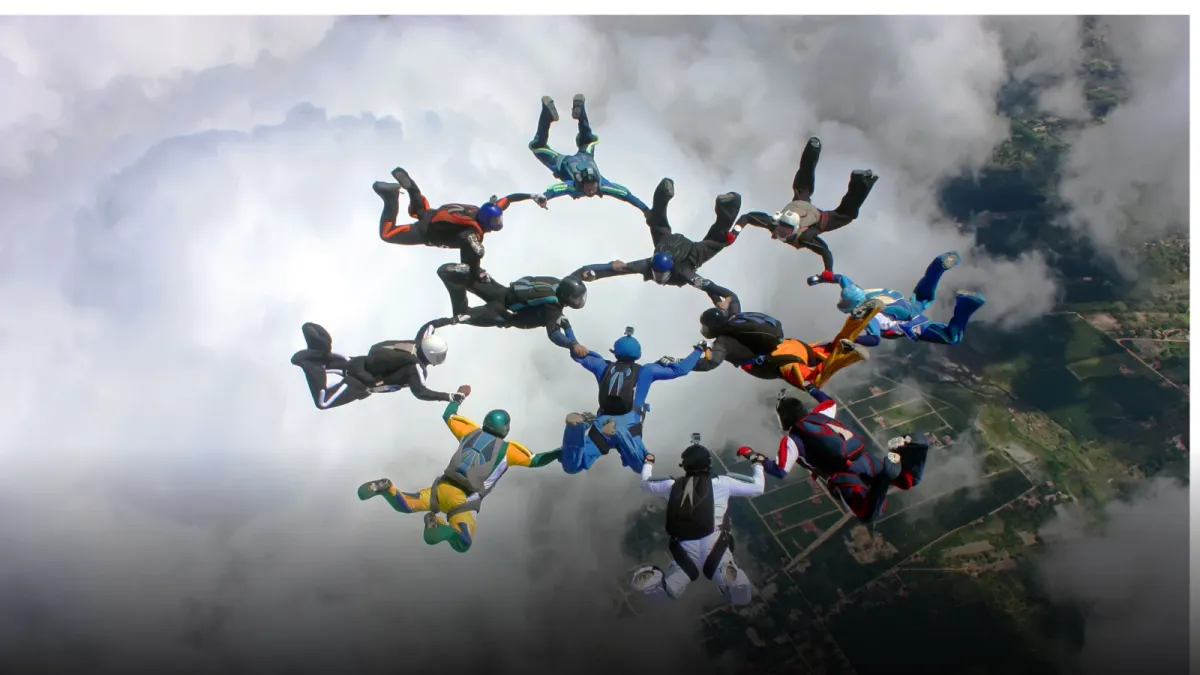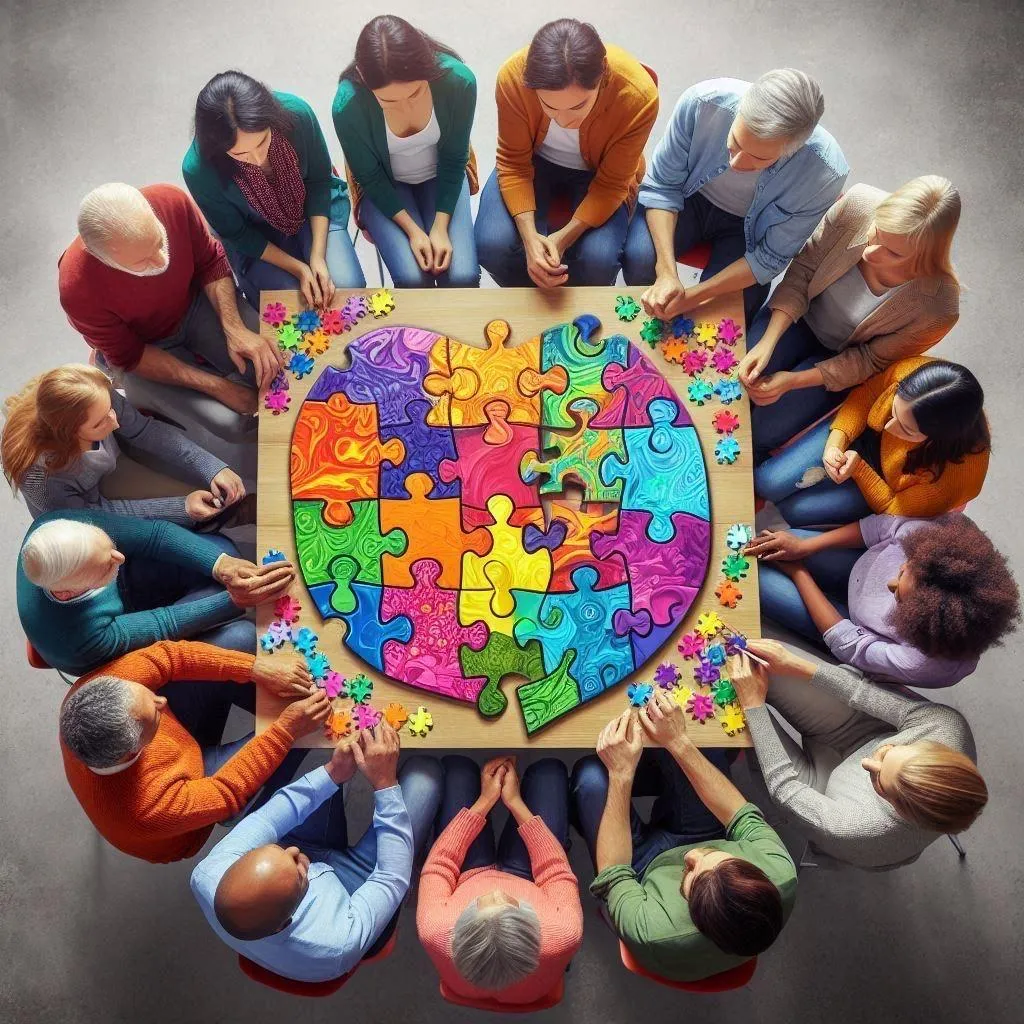Neurodiversity



Go to Pages
Introduction
In a world that often celebrates uniformity, the concept of neurodiversity stands as a testament to the beauty of human variation. Neurodiversity recognizes that our brains are wired differently, leading to unique ways of thinking, feeling, and experiencing the world. This site aims to explore the rich tapestry of neurodiversity, focusing on key conditions: Dyslexia, Attention Deficit Hyperactivity Disorder (ADHD), Autism Spectrum Disorder (ASD), Bipolar Disorder, Obsessive-Compulsive Disorder (OCD,) and Anxiety.
Dyslexia is a learning difference that impacts reading and language-based processing skills. Despite these challenges, people with dyslexia often have strong spatial reasoning and problem-solving abilities. Their capacity to see the bigger picture can lead to groundbreaking ideas and approaches.
Dyscalculia disrupts the brain’s ability to process numerical information and perform mathematical operations. People with dyscalculia often struggle with basic arithmetic, such as addition, subtraction, multiplication, and division. They may find it challenging to grasp concepts like bigger vs. smaller, understand the relationship between numbers and quantities, and remember math facts like times tables. This difficulty can extend to more abstract mathematical concepts and everyday tasks involving numbers, such as telling time, handling money, and measuring ingredients in a recipe.
Attention Deficit Hyperactivity Disorder (ADHD) is characterized by inattention, hyperactivity, and impulsivity. Individuals with ADHD frequently excel in creative thinking and problem-solving, bringing a dynamic energy to their endeavors. Their ability to think outside the box can be a tremendous asset in various fields.
Autism Spectrum Disorder (ASD) is a developmental condition that affects communication, behavior, and social interactions. People with ASD often possess remarkable strengths, such as exceptional attention to detail and strong memory skills. Their unique perspectives can lead to innovative solutions and creative insights.
Bipolar formerly known as manic depression, is characterized by a capacity to experience a wide range of moods - from emotional highs (mania or hypomania) to deep lows (depression). These powerful mood swings can shift energy, sleep, activity, judgment, behavior, personality, and the ability to think clearly. Fluctuations may be swift or slow, and are often intense. The bipolar genius is likewise intense. Bipolar individuals often show extraordinary creativity, artistry, empathy, and resilience. Many have soared to great heights, plunged to deep lows, and brought forth some of the world's greatest works of artistry.
Obsessive-Compulsive Disorder (OCD) is characterized by intrusive thoughts and repetitive behaviors. While these can be challenging, people with OCD frequently demonstrate exceptional attention to detail and a strong sense of responsibility. Their meticulous nature can be invaluable in many professions, such as healthcare, public safety, inspections, audits, science, and many other fields.
Anxiety encompasses a range of conditions marked by excessive worry and fear. Individuals with anxiety often possess heightened sensitivity and awareness, allowing them to perceive nuances that others might miss. Their vigilance can lead to thorough and thoughtful work, and lives of great service.
This site delves into the experiences of individuals with these conditions, highlighting their genius strengths and challenges. By understanding and embracing neurodiversity, we can create more inclusive and supportive environments that celebrate the full spectrum of human potential. Join us on this journey to discover the power and genius of diverse minds and the incredible contributions they make to our world.
© 2026 Train Your Genius
